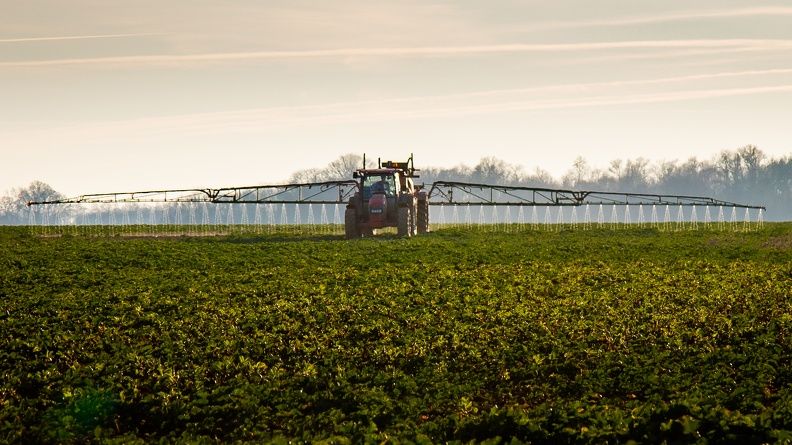How Would a Change to Fertiliser Labelling Rules Impact Farmers?

The European Commission recently published staff working document SWD(2023)0050, which analyzes the potential economic and environmental impacts of revising the EU's fertiliser labelling rules. While the revision of these rules is intended to support the circular economy and promote sustainable resource use, it is important to consider how these changes could affect farmers, who are the primary users of fertilisers.
One of the main ways that a change to fertiliser labelling rules could impact farmers is by providing them with clearer information about the nutritional content of fertilisers. The introduction of a nutrient labelling system could help farmers to make more informed decisions about which fertilisers to use, based on their specific needs. This could lead to more efficient use of fertilisers and better crop yields.
However, it is also important to consider the potential costs of implementing a nutrient labelling system. The SWD(2023)0050 document notes that introducing a nutrient labelling system could increase production costs for fertiliser manufacturers, which could in turn lead to higher prices for farmers. It is therefore important to ensure that any new labelling requirements are designed in a way that balances the needs of farmers with the costs to industry.
Another potential impact of revising the fertiliser labelling rules is the promotion of the use of recycled fertilisers. This could provide farmers with a more affordable and sustainable source of nutrients for their crops. However, the quality and consistency of recycled fertilisers may vary, which could create challenges for farmers in terms of achieving consistent crop yields.
The SWD(2023)0050 document also notes that the revision of the fertiliser labelling rules could potentially have negative impacts on water quality if not used appropriately. It is therefore important to ensure that any new labelling requirements include guidance on the safe use of fertilisers, and set limits on the levels of contaminants in recycled fertilisers.
Overall, the revision of the EU's fertiliser labelling rules will have implications for farmers, but the specific impacts will depend on the labelling options that are chosen, as well as other factors such as market dynamics and the availability of alternative fertilisers. It is therefore important to ensure that any new labelling requirements are designed in consultation with farmers and other stakeholders, and are based on sound scientific evidence.
Read the staff working document on the impacts of fertiliser labelling here.

